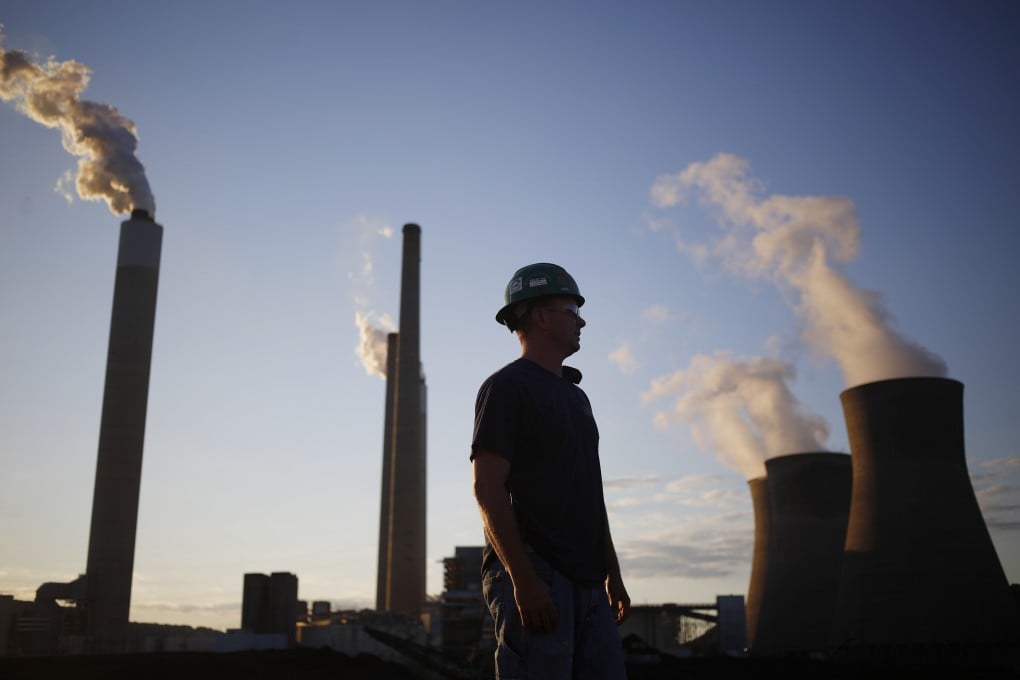Macroscope | ESG investing: a waste of climate finance?
- Trillions invested in environmental, social and governance initiatives has diverted funds away from more worthy sustainable projects

The Financial Times reported that a net US$40 billion has been withdrawn from ESG equity funds so far in 2024, according to research from Barclays, marking the first year in which such flows have turned negative.
“Global investors are turning their backs on sustainably focused stock funds as poor performance, scandals and attacks from US Republicans hit enthusiasm for a much-hyped sector that has pulled in trillions of dollars of assets,” the FT report said.
ESG is not so much an investment bubble as a mirage, one so powerful that, by the end of 2022, global ESG assets had exceeded US$30 trillion and were projected to reach more than US$40 trillion by 2030, according to a Bloomberg Intelligence report at the beginning of this year. Withdrawals to date may not look so large against that, but the tide of opinion has seemingly turned.

